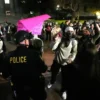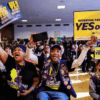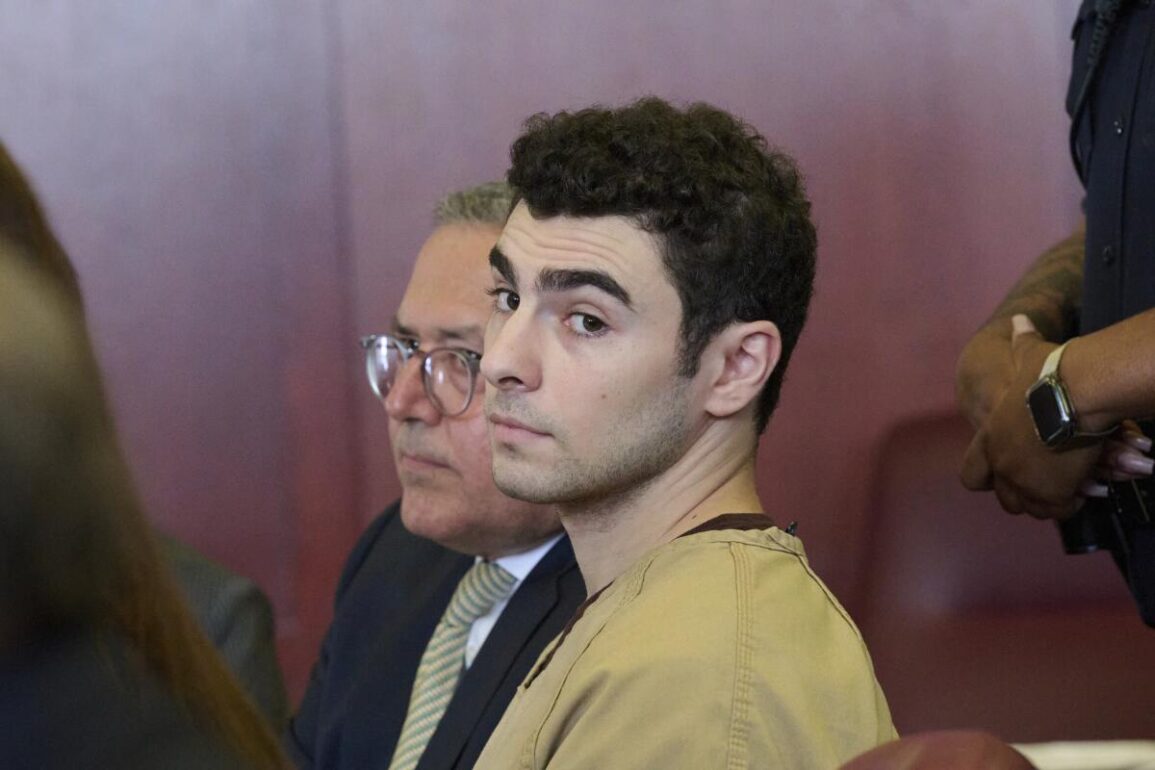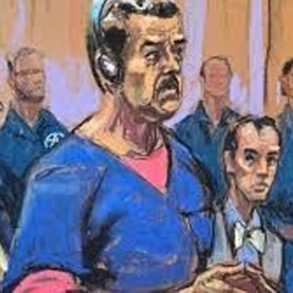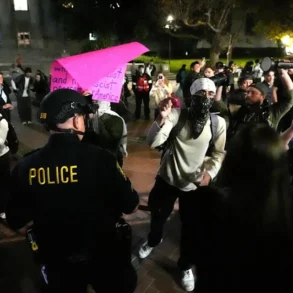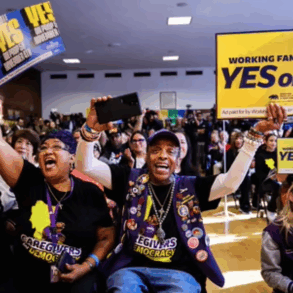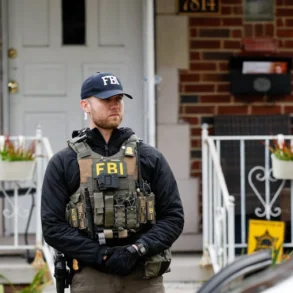On September 16, 2025, a New York State judge dismissed two terrorism-related charges against Luigi Mangione, the suspect accused of fatally shooting UnitedHealthcare CEO Brian Thompson in December 2024. The decision, made by Judge Gregory Carro at Manhattan Supreme Court, included dropping a first-degree murder charge that could have resulted in life imprisonment without parole. However, Mangione still faces a second-degree murder charge, along with weapons and forgery charges, in state court, as well as federal murder charges that could carry the death penalty.
The Shooting and Its Aftermath
Brian Thompson, a father of two and the chief executive of UnitedHealth Group’s insurance division, was shot three times on a busy Manhattan street at approximately 6:45 a.m. on December 4, 2024. The attack occurred outside a hotel where UnitedHealthcare was holding an investor conference. After a five-day manhunt, Mangione was arrested 300 miles away at a McDonald’s in Altoona, Pennsylvania. Police reported that Mangione left a note criticizing the “corruption and greed” of the U.S. healthcare system, highlighting his apparent motive.
Mangione, 27, pleaded not guilty to both state and federal charges. During his court appearance, he wore beige prison clothing, handcuffs, and shackles. Outside the courthouse, supporters gathered, some holding signs with messages like “Free Luigi” and “Innocent until proven guilty,” reflecting public attention on the case and broader frustration with the U.S. healthcare system.
Judge’s Ruling on Terrorism Charges
Judge Carro ruled that the evidence presented by prosecutors was “legally insufficient” to support the terrorism charges. New York law defines terrorism as an act intended to intimidate a civilian population or influence government policy through coercion. Carro stated that while Mangione expressed clear hostility toward UnitedHealthcare and the healthcare industry, there was no evidence he aimed to “intimidate or coerce a civilian population” or demand specific government policy changes.
“While the defendant was clearly expressing an animus toward UHC, and the health care industry generally, it does not follow that his goal was to ‘intimidate and coerce a civilian population,’” Carro wrote in his ruling. He emphasized that the killing, though not an ordinary street crime, did not meet the legal threshold for terrorism under state law, which was enacted following the September 11, 2001 attacks.
The Manhattan District Attorney’s Office, led by Alvin L. Bragg, had argued that the targeted nature of the shooting in Midtown Manhattan was meant to create a spectacle and further Mangione’s message. However, Carro rejected this, and a spokesperson for Bragg’s office, Danielle Filson, stated they would not appeal the decision but would proceed with the remaining nine counts, including second-degree murder.
Legal Implications and Next Steps
If convicted of second-degree murder in state court, Mangione faces a sentence of 15 years to life, with parole eligibility after 25 years. The federal murder charges, however, could lead to the death penalty. Mangione’s legal team, led by former prosecutor Karen Friedman Agnifilo, argued that the state and federal prosecutions constituted double jeopardy. Judge Carro dismissed this claim, stating it was premature to make such a determination.
The dismissal of the terrorism charges is a significant setback for the prosecution, with former Manhattan prosecutor James M. McGuire calling it an “overreach” and praising Carro’s ruling as “strongly and thoroughly reasoned.” Pretrial hearings for the state case are scheduled for December 1, 2025, with Mangione also due in federal court around the same time.
Broader Context
Thompson’s killing has fueled discussions about violence in American public life, particularly in the context of recent high-profile incidents, including assassination attempts on President Trump and the murder of Minnesota legislator Melissa Hortman. Mangione’s case has also drawn attention due to his vocal criticism of the healthcare system, resonating with some who view him as a symbol of resistance against perceived corporate greed. His arrest and court appearances have attracted significant public support, with hundreds of supporters gathering at times.
As the case moves forward, it continues to highlight tensions surrounding the U.S. healthcare system and the legal boundaries of terrorism charges in ideologically driven crimes. Mangione remains in federal custody in Brooklyn, awaiting further proceedings.

